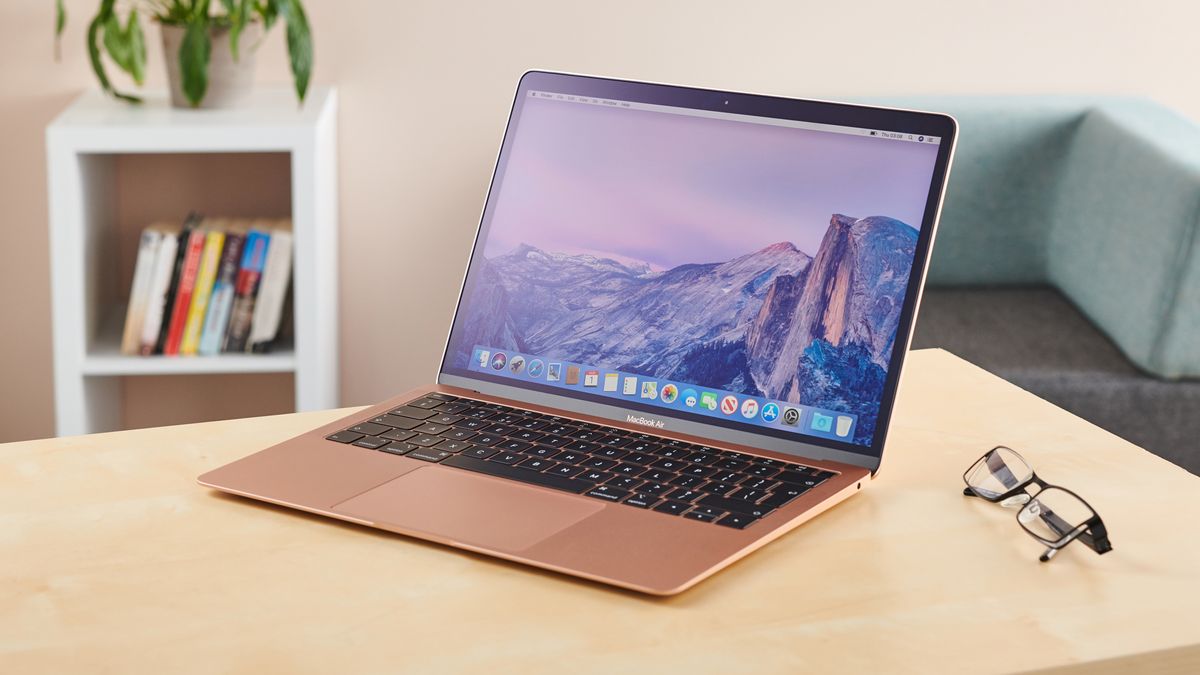Apple’s Mac sales seem to have dropped dramatically, which means the pressure is on to ensure that the upcoming M4-powered MacBooks are a hit.
Market intelligence experts Canalys has revealed a worrying 17.5% year-on-year drop in Apple Mac shipments last quarter.
This is especially striking when considering that industry-wide laptop and desktop sales have stayed relatively flat, and that the overall PC market has seen growth for four quarters in a row.
Global shipments for PCs reached 66.4 million units in Q3, 2024. That’s a 1.3% year-on-year increase, reports Canalys, with laptops driving growth, which are up 2.8%, while desktop sales are down by 4.6%.
Canalys also predicts further market growth thanks to Microsoft discontinuing support for Windows 10, and Microsoft requiring new machines to run Windows 11, businesses (and users) might have to replace their older machines –or pay Microsoft for extended support contracts.
While this has been going on, Mac shipments have declined from 6.2 million units in 2023 Q3 to 5.1 million units in 2024 Q3. Apple’s share of the PC market pie has declined to 7.7% from 9.5% the previous year.
Why the drop?
There are various reasons why Apple might be experiencing this fall in sales. Macs are expensive and many people are still coping with a cost-of-living crisis, therefore budgets are tighter. Businesses and consumers might be opting for cheaper PCs due to economic uncertainty.
Then there’s the post-pandemic slowdown to consider. The pandemic caused a huge surge in laptop and desktop sales, as people transitioned from on-site to remote work and online learning, and device makers like Apple benefited from this spike but now pandemic-driven sales have faded. Customers might also be waiting for Apple’s upcoming releases, like its new Mac mini, or next-gen M4-powered Macs.
Rumors indicate that Apple’s next-gen MacBook Pro range will see considerable performance improvements, even on its most affordable model. For instance, the lower-end MacBook Pro is said to have a 10-core CPU, a notable improvement from the current 8-core setup. This means better performance, especially with tasks that can require more processing power, such as software development, 2D rendering, and video editing.
Ever since Apple debuted the M4 chip in the iPad Pro earlier this year, many people have assumed that M4-powered Macs will inevitably appear, so it makes sense that people could be holding off on buying a new Mac. If this has contributed to a dip in Apple’s sales, it could be a sign that the company’s break-neck pace of releasing new devices could be doing more harm than good.
Only a few years ago, Apple managed to annoy many of its customers by releasing M3 Pro and M3 Max-powered MacBook Pros just nine months after the release of M2 Pro and M2 Max models. It seems when people are spending a hefty chunk of money on a device, they aren’t too pleased if it gets outdated in less than a year. It’s certainly something Apple should keep in mind, especially if it means people hold off on buying your products because they expect newer ones to come along soon.





